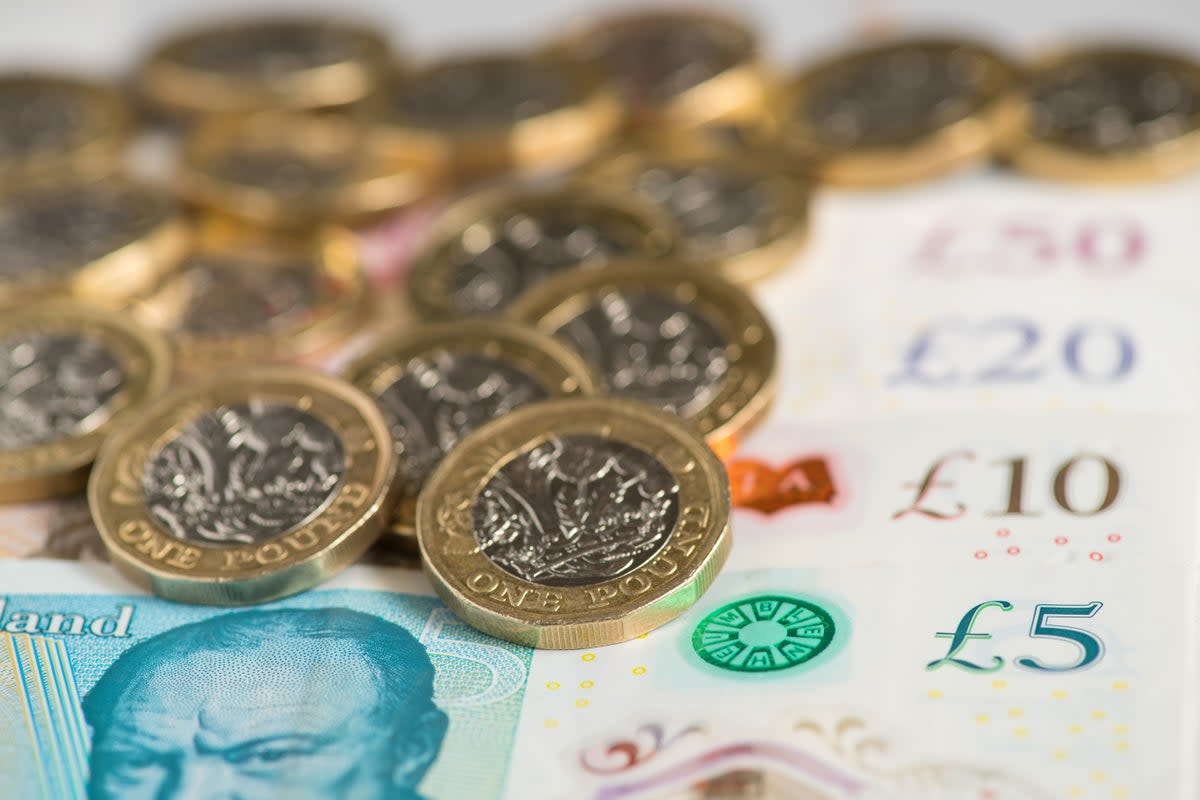Mini-budget: What is income tax and how much will I pay?

In his mini-budget announced on Friday, September 23, the new chancellor Kwasi Kwarteng announced a reduction in income tax.
From April 2023, the basic rate of income tax will be cut from 20p to 19p, for workers across England, Wales, and Northern Ireland.
The Government will also abolish the 45p additional rate for people who earn more than £150,000.
But what is income tax and how much will I need to pay?
What is income tax?
Income tax is the tax you have to pay the Government based on your yearly income.
It applies to most types of income, including the salary you earn from your job, profit earned from your business, pensions, and even the rent you receive if you’re a landlord.
Corporations, estates, and other types of entities are also required to pay tax on their profits.
Income tax is collected because it’s the Government’s main source of revenue. HM Revenue & Customs (HMRC) collect it on their behalf.
The Government uses this money to provide funding for public services, such as the NHS, education, and the welfare system.
This revenue is also used to make public investments in things like housing, services, and infrastructure.
How is income tax calculated?
Income tax is divided into bands and is calculated based on the band you’re in.
The more income you earn, the higher your tax band, which means you’ll pay a higher amount of income tax.
The system in place is designed to make paying tax fair.
How much will I pay?
Each of us has a ‘personal allowance’ of £12,570. This is the amount we can earn without paying any income tax.
If you earn more than your personal allowance, you pay tax at the applicable income-tax rate on all earnings above the personal allowance, but the allowance itself remains untaxed.
Once you know your personal allowance, anything extra earned above that will be subject to income tax.
For the 2022/23 tax year, if you live in England, Wales, or Northern Ireland, there are three marginal income-tax bands – the 20 per cent basic rate, the 40 per cent higher rate, and the 45 per cent additional rate.
You’re in the 20 per cent basic rate tax band if you make between £12,750 and £50,270. This means that 20 per cent is taken off your yearly income, after your personal allowance.
Following the Chancellor’s announcement today, the basic rate will drop to 19 per cent in the new year.
For people who earn more than £50,270 but below £150,000, you’re in the 40 per cent higher rate tax band and will face a deduction of 40 per cent.
Anyone who makes more than £150,000 falls under the additional-rate tax band and they are taxed 45 per cent. But this will now be abolished and higher earners will now pay 40 per cent, no matter how much income they earn.

 Yahoo News
Yahoo News 
